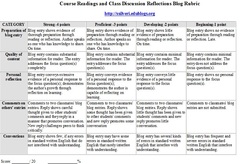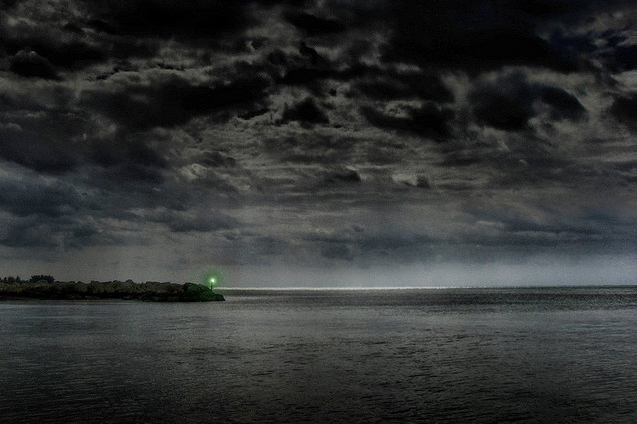Please read the excerpt from The Great Gatsby on page 26-26 of your text. At the end of the novel, Nick Carroway, remembers Jay Gatsby as a person with a great "capacity for wonder." After reading this passage carefully, analyze how the style of the writing conveys this sense of Gatsby.
|
Blog Post Rubric
Archives
February 2023
Categories
All
|

 RSS Feed
RSS Feed